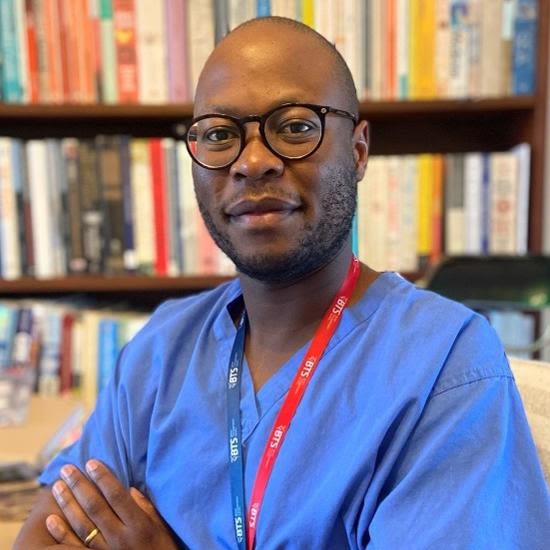
Contact information
Colleges
COLLABORATORS
Biography
I read Medicine at the University of Edinburgh, graduating in 2012 having intercalated in 2009 (BMedSci Hons Neurosciences). I completed my foundation programme in Edinburgh (South East Scotland) and then completed my core surgical training in London (2014-2016) before being appointed to higher surgical training (HST) post in Oxford in 2016. I went on to complete my DPhil (PhD) under the supervision of Professor Peter Friend in the Oxford Transplant Research & Perfusion Group. My thesis was entitled “immuno-molecular profiling and modulation of donor livers during normothermic machine perfusion”. This work led directly to my current position as a Clinical Lecturer (Nuffield Department of Surgical Sciences 2022) funded through an industry collaboration with Santersus AG. My current work focuses on the therapeutic modulation of organs during donation, preservation and transplantation in the context of machine perfusion technologies.
Fungai Dengu
MBChB, BMedSci (Hons), DPhil (Oxon)
Academic Clinical Lecturer in Transplant Surgery
- Surgical Registrar, Oxford University Hospitals NHS Foundation Trust
My research aims to investigate the molecular and immunological mechanisms that underpin reperfusion injury in the context of organ donation, preservation and transplantation. Our work focusses on the applications of adjunctive technologies to machine perfusion in addressing reperfusion injury and the immuno-molecular consequences. We interrogate this through a combination of large animal models and human whole organ pre-clinical perfusion studies progressing to phase I/II studies.
Recently, we described the concept of “ex situ reperfusion injury” occurring during normothermic machine perfusion of livers, characterising the role of extra cellular chromatin (cell free histones, cell free DNA), Neutrophil extra-cellular traps (NETs)) and amyloid-fibrin(ogen) microclots. We have since demonstrated that the removal of these injurious inflammatory molecules by applying an apheresis column, NucleoCapture™ (Santersus AG) during NMP results in improved ex situ function of liver grafts, particularly higher risk/marginal livers. We are in the process of translating these findings into phase I clinical trials.
I also work with colleagues across Oxford in the now maturing field of academic global surgery, a field concerned with equity in surgical care globally. This multi-disciplinary field brings together academics from different departments within the University and collaborators globally, to address the health systems, policy frameworks/agenda and financial structures that produce inequity in surgical care both locally and internationally. My focus is on advocacy, sustainability and education, particularly the development of research capacity and fostering academic skills transfer to strengthen the surgical academic ecosystem globally.
Recent publications
-
Bariatric surgery improves access to renal transplantation and is safe in renal failure as well as after transplantation: A systematic review and meta-analysis.
Journal article
Fernando S. et al, (2023), Transplant Rev (Orlando), 37
-
SARS-CoV-2-Specific T Cell Responses Are Not Associated with Protection against Reinfection in Hemodialysis Patients.
Journal article
Shankar S. et al, (2022), J Am Soc Nephrol, 33, 883 - 887
-
Abdominal multiorgan procurement from slaughterhouse pigs: a bespoke model in organ donation after circulatory death for ex vivo organ perfusion compliant with the 3 Rs (Reduction, Replacement & Refinement).
Journal article
Dengu F. et al, (2022), Ann Transl Med, 10
-
Assessment of Mitochondrial Function and Oxygen Consumption Measured During Ex Vivo Normothermic Machine Perfusion of Injured Pig Kidneys Helps to Monitor Organ Viability.
Journal article
Hunter JP. et al, (2022), Transpl Int, 35
-
Poor Antibody Responses to SARS-CoV-2 Infection or Vaccination Are Associated With High Re-Infection Rates in Haemodialysis and Renal Transplant Patients
Preprint
Beckett J. et al, (2021)


